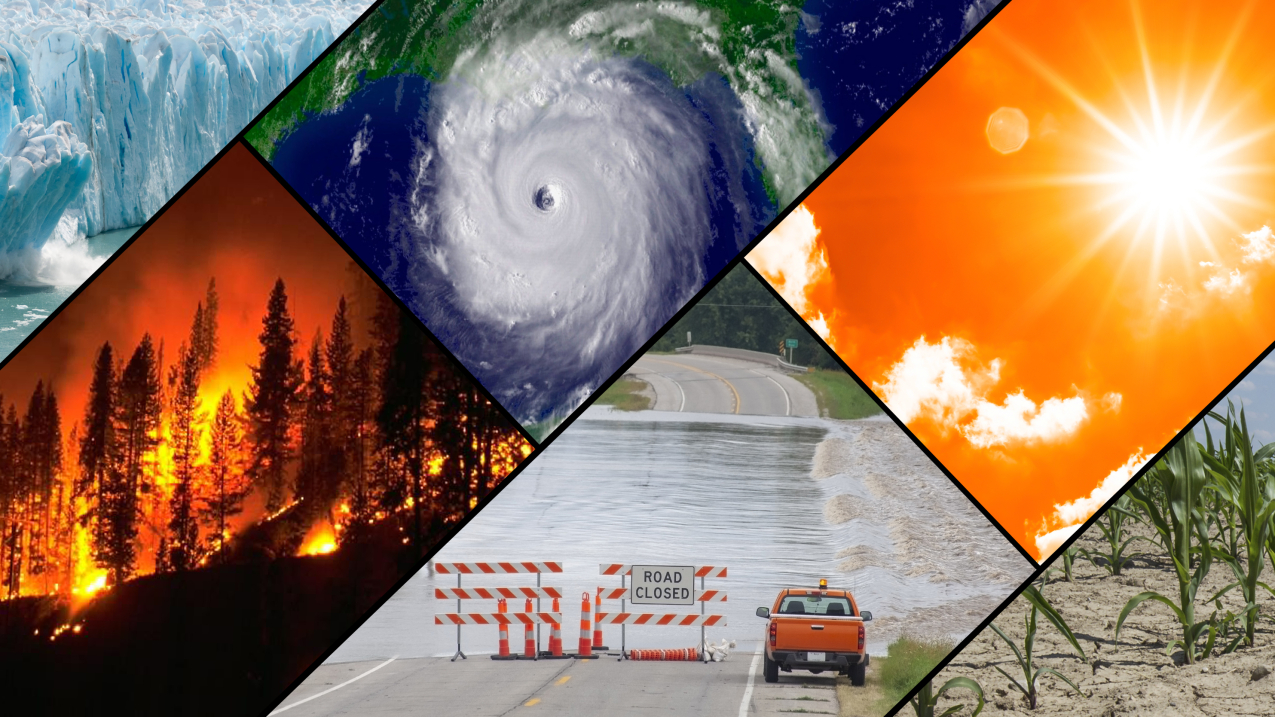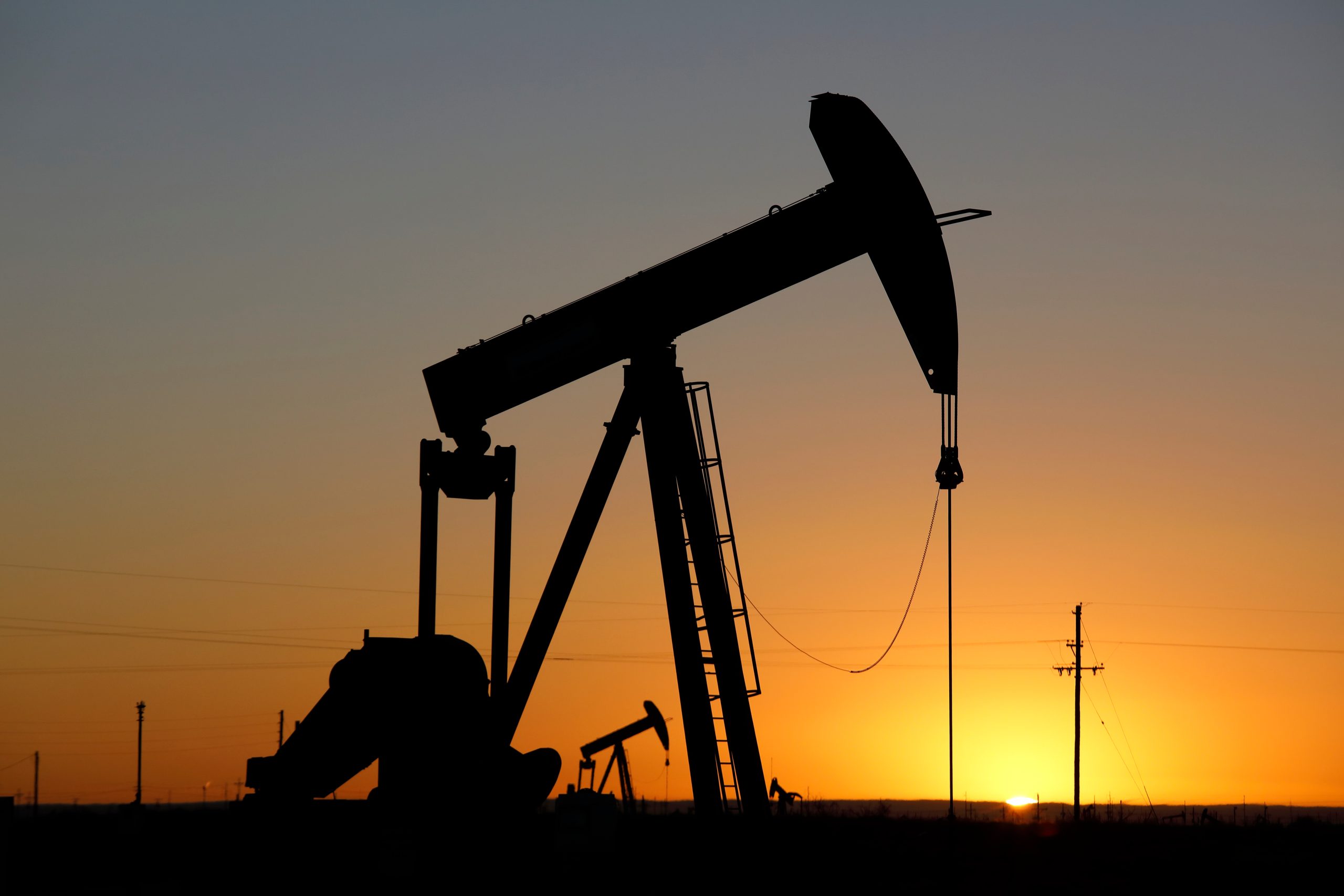The World Meteorological Organization (WMO) has released its State of the Global Climate 2023 report, which confirms that the world is in a severe climate crisis. The report indicates that the year 2023 broke several records, including those for greenhouse gas levels, ocean heat and acidification, surface temperatures, glacier retreat, Antarctic sea ice cover, and sea level rise. The report notes that heatwaves, floods, droughts, wildfires, and tropical cyclones caused significant damage to ecosystems, food systems, and economies worldwide. The WMO report confirms that 2023 was the warmest year on record, with a global average near-surface temperature of 1.45°Celsius above the pre-industrial baseline, making it the warmest ten-year period on record.
The report’s authors have raised significant concerns about the unprecedented ocean warmth, glacier retreat, and Antarctic sea ice loss observed in 2023. The report highlights that almost one-third of the global ocean was affected by a marine heatwave, causing harm to vital ecosystems and food systems. Additionally, over 90% of the ocean had experienced heatwave conditions at some point in the year. The global set of reference glaciers also suffered the largest loss of ice on record since 1950, driven by extreme melt in both western North America and Europe.
Despite the alarming findings, the report also offers a glimmer of hope by revealing that renewable energy generation has surged as a crucial driver of decarbonization, primarily through solar radiation, wind, and water cycle. Renewable capacity additions increased by almost 50% from 2022 to 2023, for a total of 510 gigawatts (GW) – the highest rate observed in the past two decades.
The report highlights how climate shocks undermine resilience and create new protection risks among the most vulnerable populations. Weather hazards continued to trigger displacement in 2023, showing how climate change exacerbates food insecurity, population displacement, and biodiversity loss.
To address this crisis, climate leaders and ministers from around the world must take immediate action. Enhancing countries’ Nationally Determined Contributions (NDCs) ahead of the February 2025 deadline and delivering an ambitious agreement on financing at COP29 must be high on the agenda.
The report emphasizes the urgent need to increase support for National Meteorological and Hydrological Services to provide information services to ensure that the next generation of Nationally Determined Contributions is based on science. The State of the Global Climate report was released in time for World Meteorological Day on 23 March and sets the scene for a new climate action campaign by the UN Development Programme and WMO to be launched on 21 March. The world must act now to address the climate crisis and prevent further damage to the planet.
Please, subscribe to the YouTube channel of republicpolicy.com
















